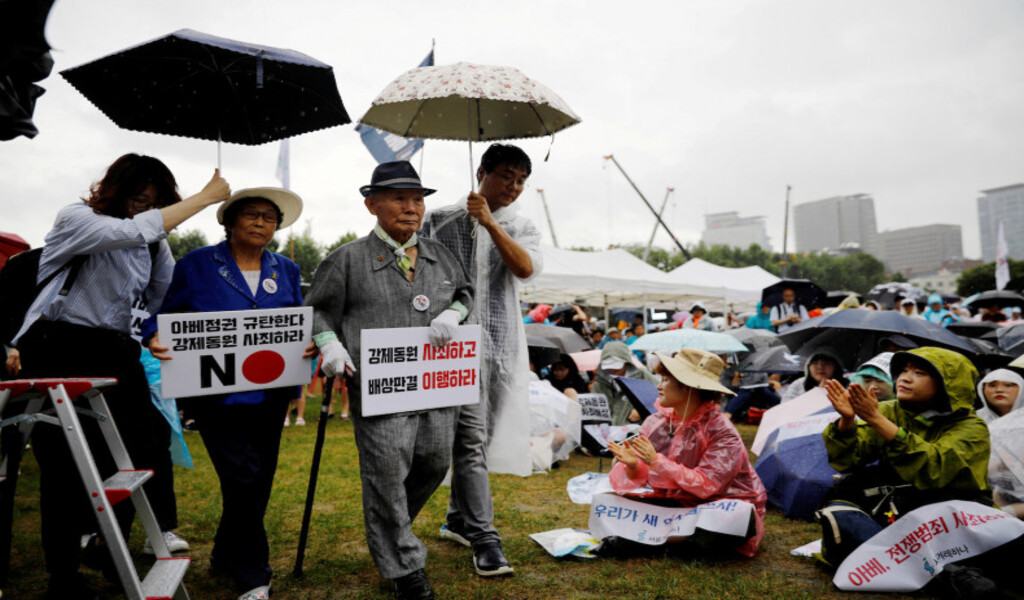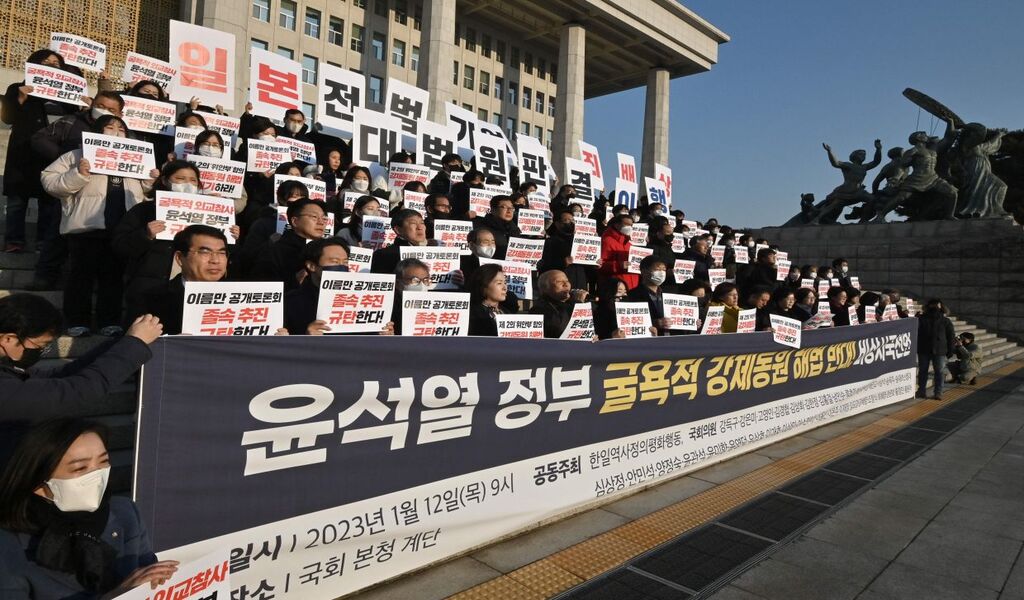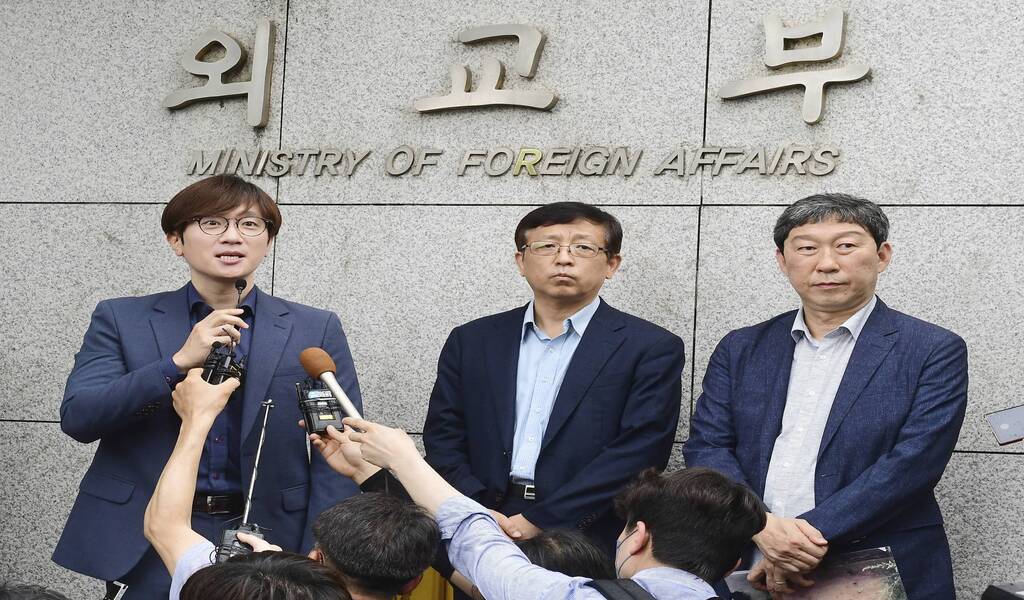(CTN NEWS) – As South Korean President Yoon Suk-yeol seeks to improve tense relations, Japan is reportedly considering loosening export restrictions to South Korea, potentially adding the nation back to a list of nations eligible for preferential economic treatment.
Any move to relax the restrictions would take place as negotiations between the two neighbors over a fresh approach to the contentious issue of wartime labor continues.
As well as worries about the region’s security situation grow more pressing, according to sources in the Japanese government quoted in the Sankei newspaper on Saturday.
Tokyo slapped Seoul with the measures in 2019, claiming that the removal of the preferential export status was strictly due to a loss of trust and concerns about national security.

South Korea countered that Japan’s motive was a de facto response to 2018 rulings by the South Korean Supreme Court that ordered two Japanese companies to pay compensation for forced labor committed during World War II.
Japan will evaluate the Yoon administration’s strategy to address the wartime labor dispute before deciding whether to lift the export restrictions.
Yoon presented a plan earlier this month to replace the two Japanese corporations with a private South Korean foundation to compensate plaintiffs.
While South Korean businesses would contribute to the fund, Japan is reportedly considering allowing Japanese businesses to do so voluntarily in exchange for withdrawing demands for direct payments from Mitsubishi Heavy Industries and Nippon Steel.
The two Japanese businesses that were the subject of the initial legal actions.

However, the South Korean plaintiffs and their supporters have criticized the most recent procedure and are still requesting restitution from the two businesses and an official apology from Tokyo.
According to Kyodo News on Saturday, citing an unnamed source, the Japanese government has also started thinking about a strategy to emphasize if Seoul successfully resolves the wartime labor issue.
It will maintain its position of “deep regret” and “heartfelt apology” to its neighbor for its prior aggression.
The move was made in response to criticism from South Korean opposition parties and amid indications that a majority of people in the nation oppose Seoul’s most recent proposal, according to public opinion polls conducted in the nation.
It appears that Tokyo is making it clear that it will uphold previous government statements on the matter.
Japan has made it clear what its position is despite appearing to be open to the most recent South Korean plan:
All matters relating to its 1910–1945 colonial rule over the Korean Peninsula, including the issue of compensation for requisitioned Korean workers, were “completely and finally” resolved under a 1965 bilateral agreement.

Yoon, who assumed office in May of last year, has been a vocal advocate for strengthening ties with Japan and has vowed to approach relations in a “future-oriented” manner.
According to Japan, the 2019 export restrictions were put in place because of worries that the products covered by the regulations might be used to create weapons, particularly weapons of mass devastation.
However, many products are essential to producing semiconductors and smartphone screens, two crucial industries for the South Korean economy.
Yoon referred to the two as “the closest and most significant neighbors,” while Prime Minister Fumio Kishida emphasized the necessity to restore normal relations in light of the current state of regional security in their addresses to a gathering of business and political leaders earlier this month.
Senior Japanese and South Korean officials are scheduled to meet in Seoul on Monday to continue discussions about Yoon’s proposal to end the bitter dispute, according to the Yonhap news agency, which cited the Seoul Foreign Ministry.
RELATED CTN NEWS:
COVID-19 Deaths Were Cut In Half During Lunar New Year In China



